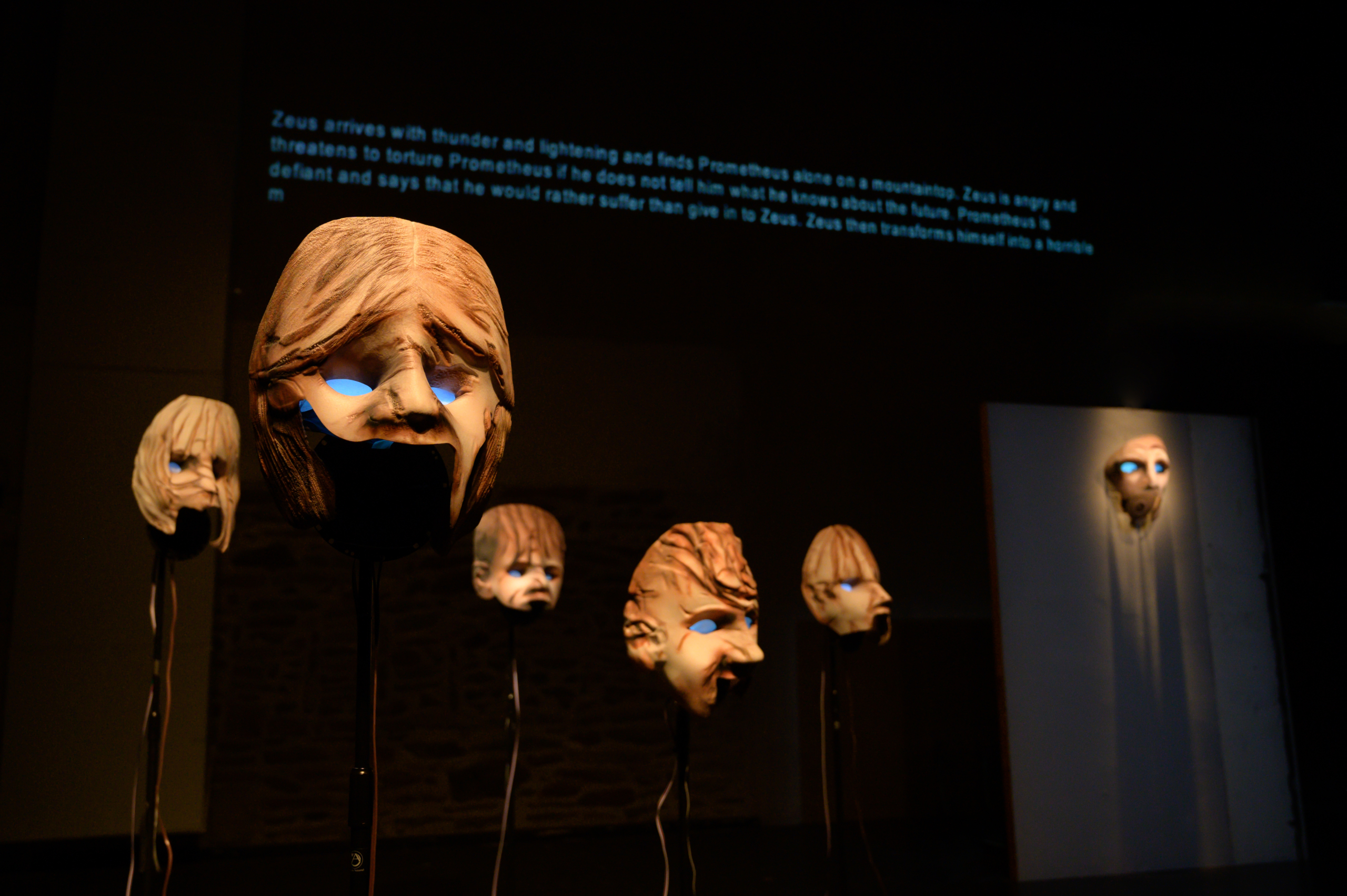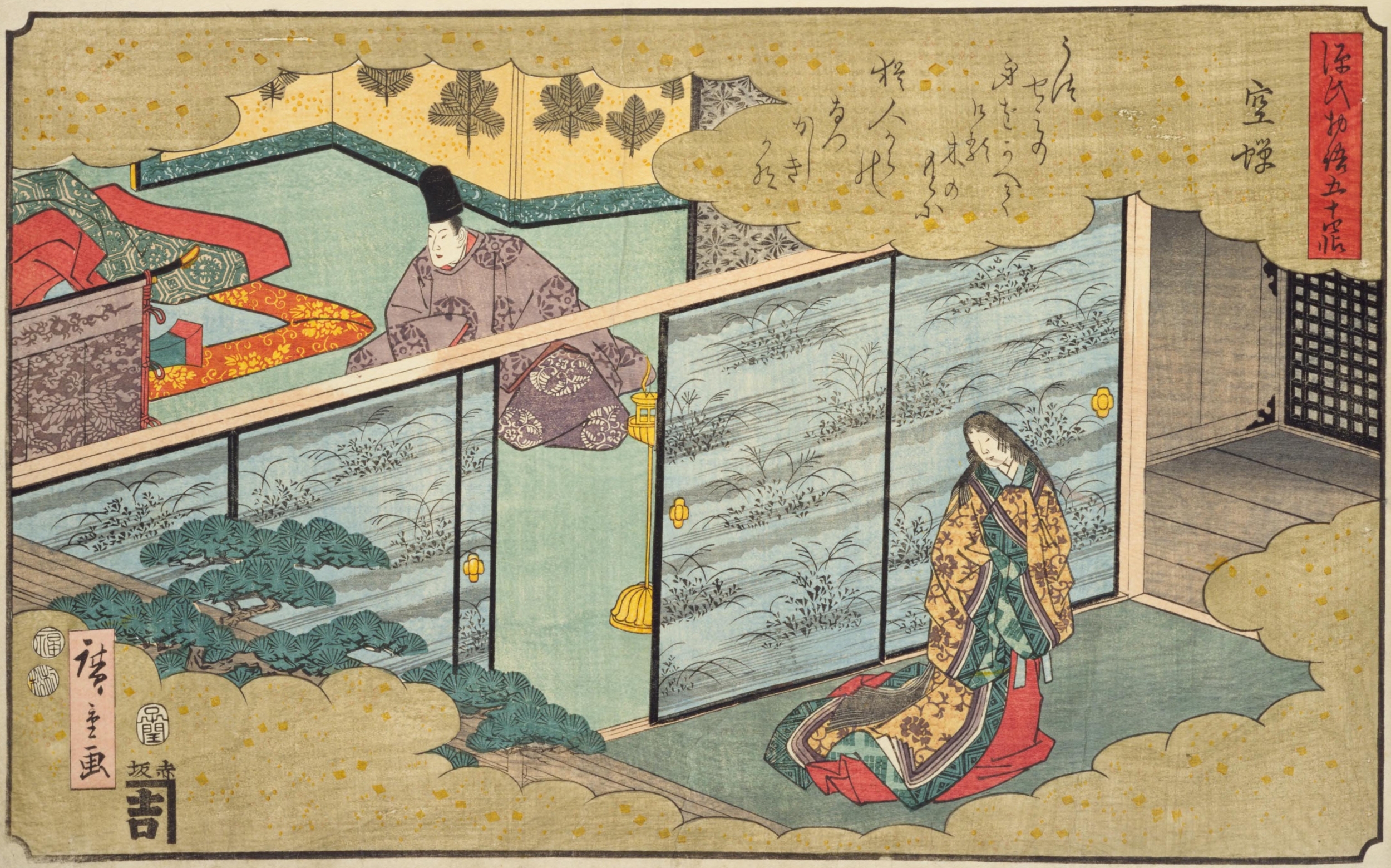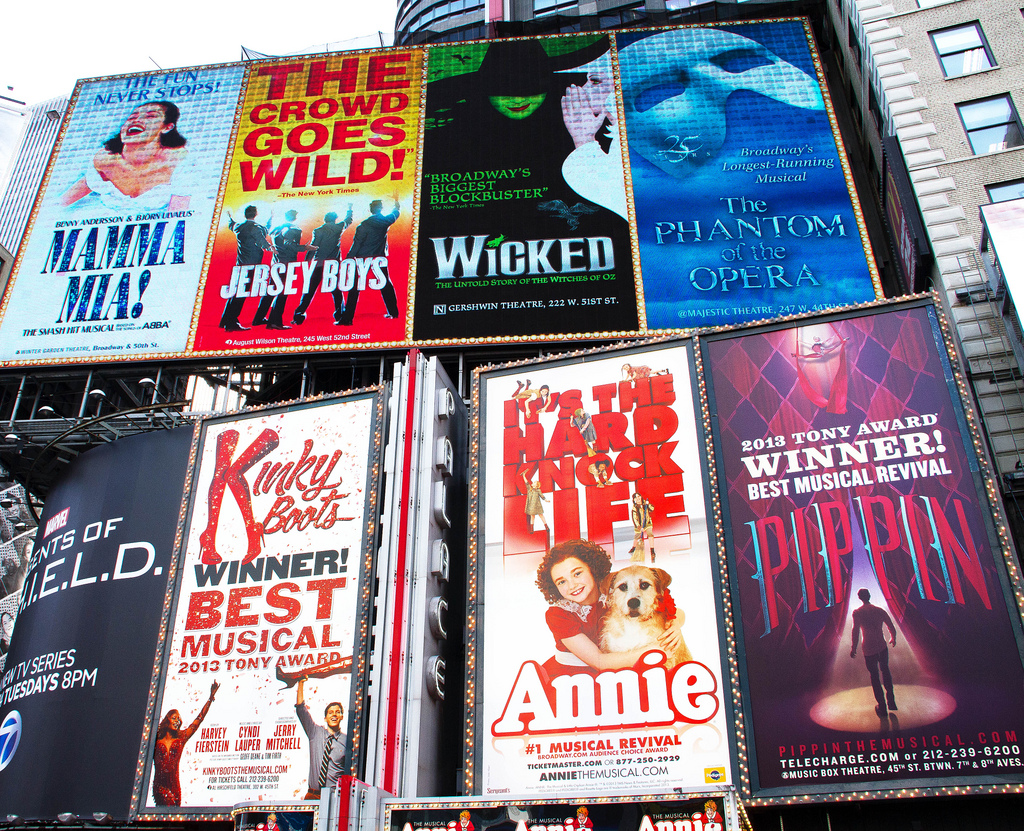On Thursday, the Bryn Mawr Performing Arts Series showcased Annie Dorsen’s “Prometheus (working title)” to the Tri-Co and greater Philadelphia Community. The show was an intriguing exploration of past and future, and the opposition between mankind (or in the case of Zeus and Prometheus, God-kind) and AI. The show sold out almost immediately, and for 3 nights in a row, audiences gathered from the Tri-Co campuses and beyond to watch the story unfold.
As the myth goes, Prometheus stole one of Zeus’s lightning bolts and gave it to humans, allowing them to create fire. Zeus, furious, punished Prometheus by chaining him to the Caucasus Mountains where eagles would eat his liver, which would regrow overnight and allow the cycle to repeat for eternity. Dorsen’s show was set in the midst of Prometheus’s punishment, during which he laments to a choir about the tragedy and fall of humankind.

The divergence of this retelling from the original myth was apparent immediately upon entering the Hepburn Teaching Theater. Six sculptures lit up the dark space of the stage. Each sculpture was designed to depict a specific character, the 5 younger-looking faces representing the choir of orphans. Prometheus himself was shown trapped in a large block, symbolic of him being trapped by Zeus in the Caucasus Mountains. As each character spoke or sang, a light illuminated their face, followed by the delivery of their lines through a voice modulator. In the background, a mellow, eerie soundtrack played as the tragedy of the show unfolded. The fearful laments of Prometheus about the fall of mankind and the dreadful moaning of the choir juxtaposed the monotonous AI delivery. This contrast made for a fascinating insight into the discussion of humanity and emotional connection in the midst of AI progress. Dorsen’s work asks what it means for machines to create theatre, an inherently emotive art form. The tension between the practicality of AI, its lack of human emotion, and the emotive tragedy of humanity is at the forefront of the play.

The show was an ode to the role of humans in myth, AI, and beyond, as well as the relationship between the past and the future. In myth, humans are weak and subservient in the presence of the Gods. In the presence of AI, will the same dynamic prevail? By presenting Prometheus through AI, these technological advances are given an almost God-like quality, raising important questions about the future of artificial intelligence and humanity.
Though the execution of the play was dependent on AI, an entirely futuristic concept, the setting and time period of the show takes us back thousands of years. Fittingly, Prometheus uncannily predicts global warming and states that humans will be the cause of the destruction of the world. As an audience, we are situated in a liminal space between what we understand to be the past and what we anticipate for the future. Dorsen forces us to confront our opinions and biases about artificial intelligence. Does AI hinder theatre? Does AI hinder humanity?
In between each scene of the play, Dorsen quoted readings and statements from scholars, historians and more. Using snippets of the works of other writers and artists, she commented on the contradiction of tragedy: knowing and not knowing at the same time. Broken down into parts, tragedy consists of an “unknown known, a known unknown, a known known and most importantly an unknown unknown”. In her speech, she touched on the benefits and disadvantages that AI presents to mankind. On one hand, the influx of data has increased our capacity for knowledge. With the improvement of technology and AI, “is some big machine predicting our lives through data?”. Is this good or bad? Is it hopeful or frightful? Can the “known”, the increase of our knowledge about data, help us prevent the more frightening outcomes of this advancement? These questions about the capacity of human knowledge and the depth of our lack of knowledge are confronted in Dorsen’s gripping production.

Annie Dorsen’s newest book of essays “Algorithmic Theatre” is available at the Bryn Mawr bookstore, as are her articles and interviews online.



